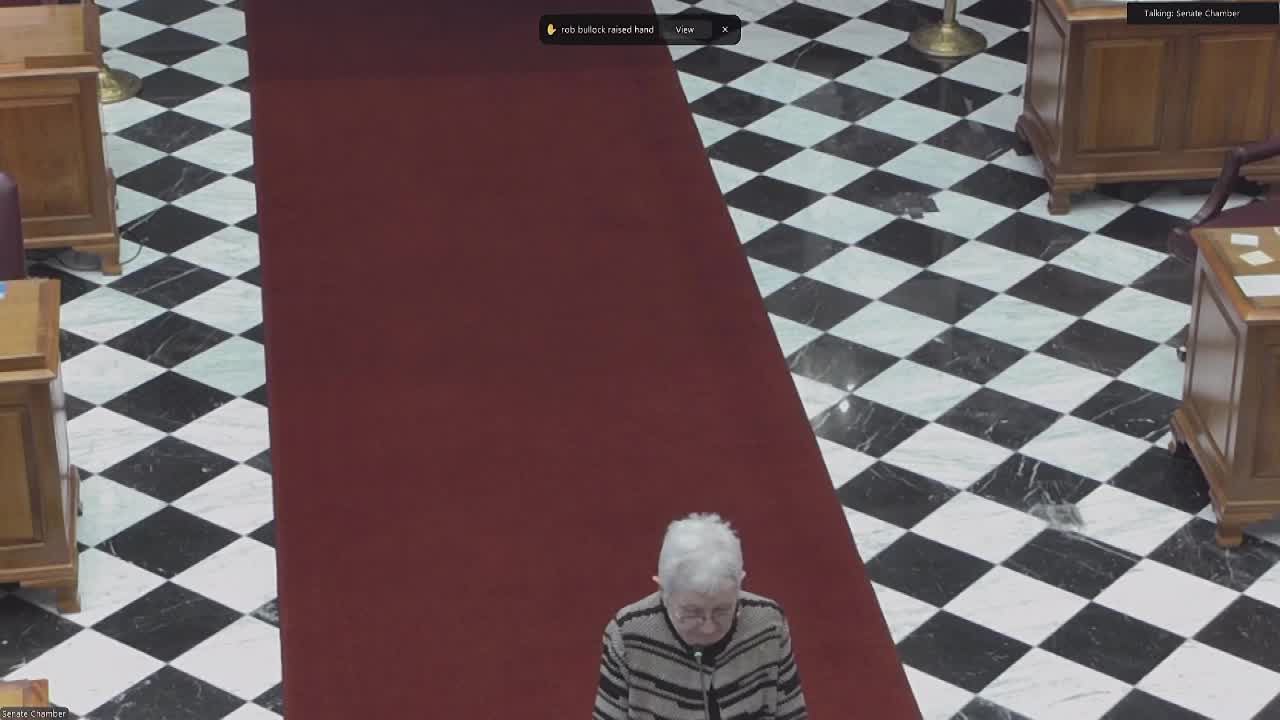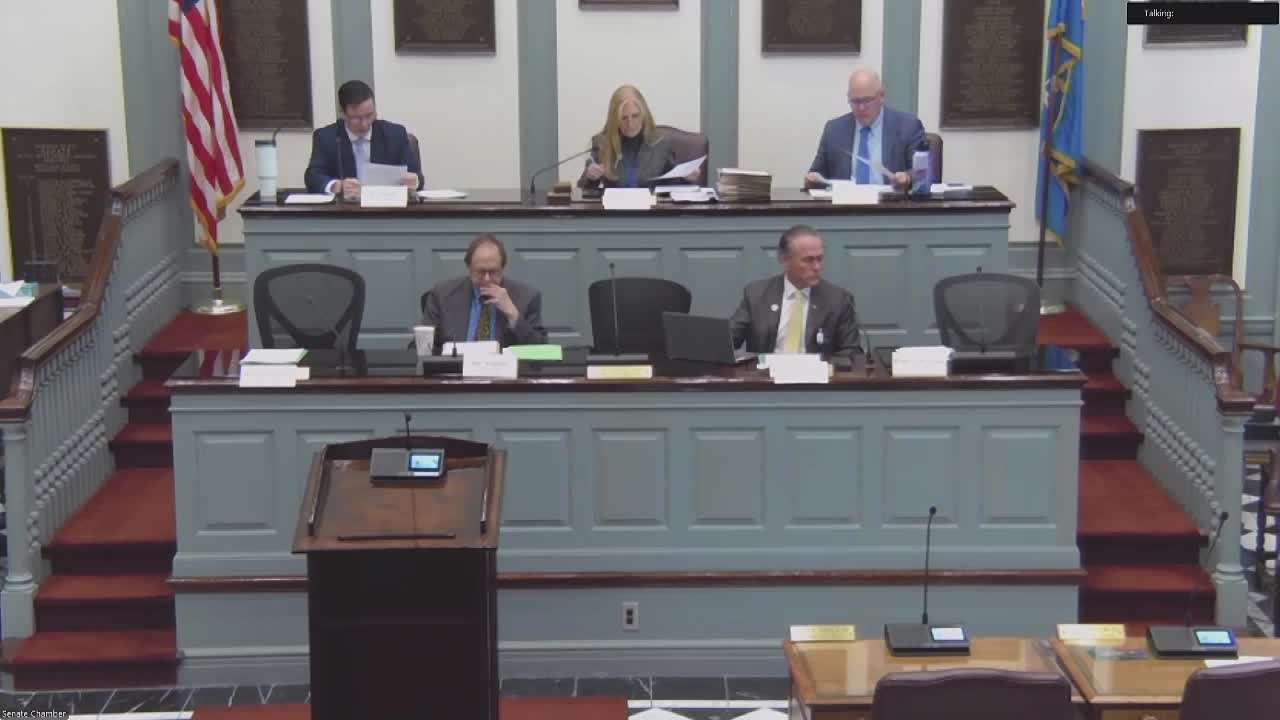Article not found
This article is no longer available. But don't worry—we've gathered other articles that discuss the same topic.

Bill to publish Delaware utilities’ PJM stakeholder votes draws split over transparency and federal jurisdiction

Senate committee weighs $125 million three‑year cap and limits on recoverable utility expenses in SB 60

